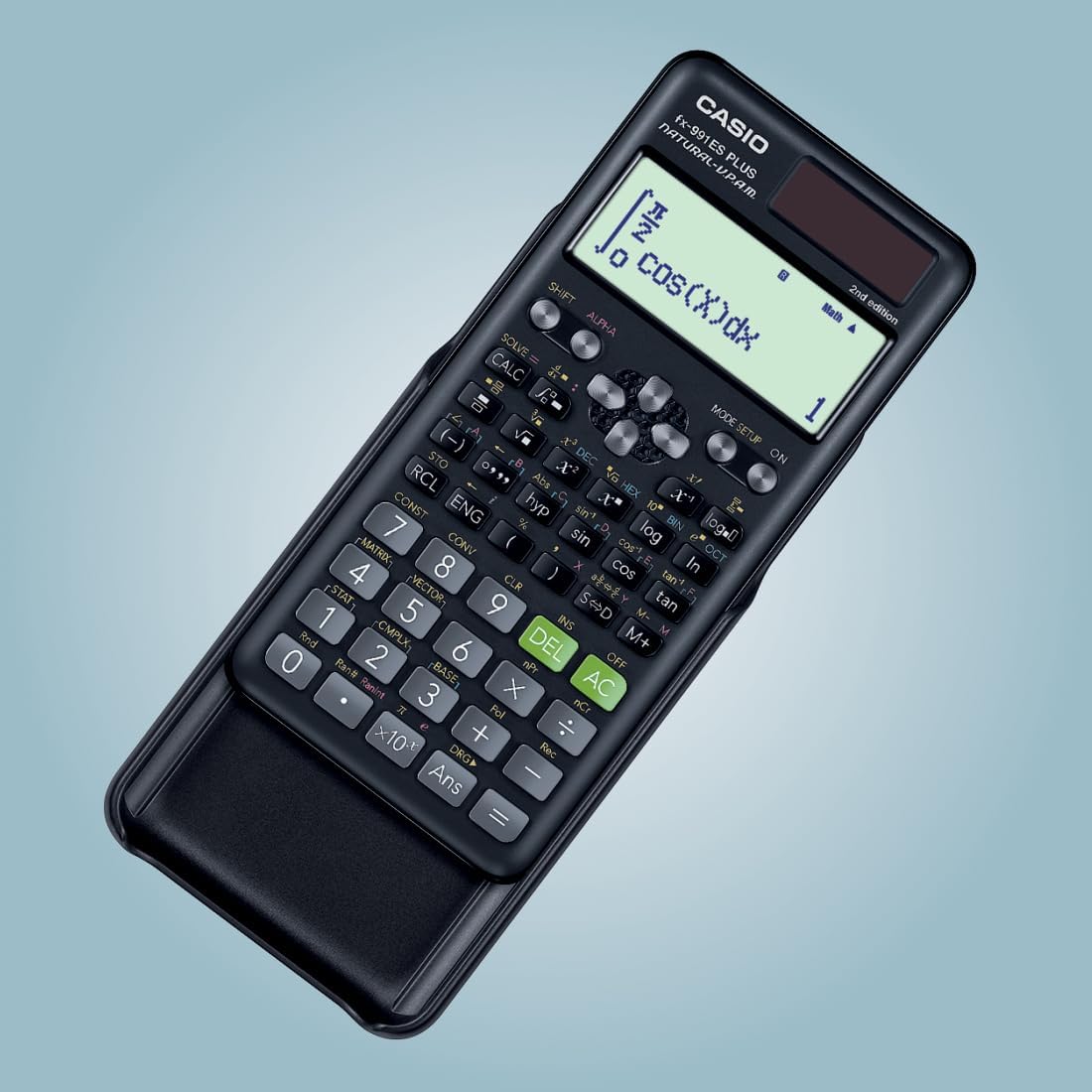Earnest Money Calculator
Calculate the recommended earnest money deposit (good faith deposit) for your real estate purchase. Understand how much to offer based on market conditions and make your offer more competitive.
Earnest Money Analysis
Conservative Deposit (0.5-1%)
Standard Deposit (1-2%)
Competitive Deposit (3-5%)
Recommended Deposit
Total Down Payment
Remaining Down Payment
Understanding Earnest Money
Earnest money, also called a good faith deposit, is money put down to demonstrate your seriousness to a seller. It shows you're committed to purchasing the property and willing to put "skin in the game." This deposit is typically held in an escrow account and applied to your down payment or closing costs at closing.
How Much Earnest Money Should You Offer?
Conservative Markets (0.5-1%)
In slower markets with more inventory, sellers are typically more flexible and may accept lower earnest money deposits. This is common in buyer's markets where properties sit longer and you have more negotiating power. Consider this range if you're buying in a rural area, during off-season, or when the property has been listed for an extended period.
Standard Markets (1-2%)
Most balanced markets fall into this category. This range demonstrates commitment without being excessive. It's typically sufficient for most transactions and shows the seller you're a serious buyer. This is the most common earnest money deposit range in normal market conditions.
Competitive Markets (3-5%)
In hot seller's markets with multiple offers, a higher earnest money deposit can make your offer stand out. Consider 3-5% (or even higher) when properties receive multiple offers, sell quickly, or when you're in a highly competitive urban market. This shows sellers you're extremely committed and have the financial capacity to close.
Key Points About Earnest Money
- Applied to Closing: Earnest money is typically applied to your down payment or closing costs, so it's not an additional expense beyond your home purchase.
- Held in Escrow: The deposit is held by a neutral third party (title company, escrow company, or attorney) until closing to protect both parties.
- Contingency Protection: Your contract should include contingencies (inspection, financing, appraisal) that allow you to recover your earnest money if these conditions aren't met.
- Risk of Forfeiture: If you back out of the deal without a valid contingency, you may forfeit your earnest money to the seller as damages.
- Timing: Earnest money is typically due within 24-48 hours of offer acceptance, though this varies by market and can be negotiated.
- Form of Payment: Most escrow companies accept personal checks, cashier's checks, or wire transfers. Personal checks may extend your due diligence period since they need to clear.
Earnest Money Strategy Tips
Ensure Strong Contingencies
Always include proper contingencies in your offer: financing (your ability to secure a loan), inspection (property condition), and appraisal (property must appraise for purchase price). These protect your earnest money if issues arise. Don't waive contingencies unless you're prepared to potentially lose your deposit and still buy the home.
Know Your Timelines
Understand all deadlines in your contract. Most contingencies have specific timeframes (e.g., 10 days for inspection, 21 days for financing). Missing these deadlines can mean forfeiting your earnest money even if you have valid concerns. Mark all dates on your calendar and work with your agent to stay on track.
Consider Your Financial Position
Only offer earnest money you can afford to have tied up during the transaction (typically 30-60 days). While it's applied to closing costs, you won't have access to these funds during the purchase process. Make sure you have enough remaining liquidity for inspections, appraisals, and any surprises that may arise.
Use it as a Negotiation Tool
In competitive situations, a higher earnest money deposit can strengthen your offer without increasing the purchase price. Sellers view larger deposits as a sign of financial strength and commitment. If you're competing with similar offers, a 3-5% deposit versus a 1% deposit can be the deciding factor for sellers.
Related Calculators
Note: Earnest money requirements and practices vary significantly by market, property type, and local customs. This calculator provides general guidance based on typical market conditions. Actual earnest money amounts should be determined in consultation with your real estate agent who understands local market dynamics, seller expectations, and competitive conditions. The amount of earnest money, refundability conditions, and contingency protections are all negotiable terms in your purchase contract. Ensure your contract includes appropriate contingencies to protect your deposit. Always work with qualified real estate professionals and review all contract terms carefully with your agent and/or attorney before submitting an offer.
Recommended Calculator

Casio FX-991ES Plus
The professional-grade scientific calculator with 417 functions, natural display, and solar power. Perfect for students and professionals.
View on Amazon